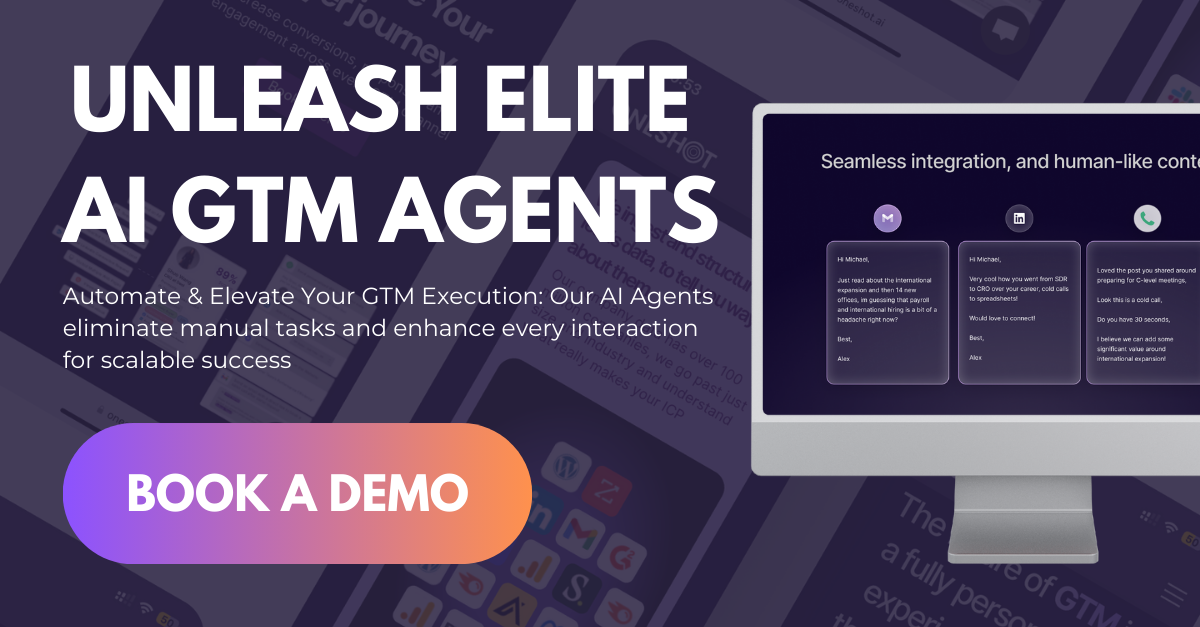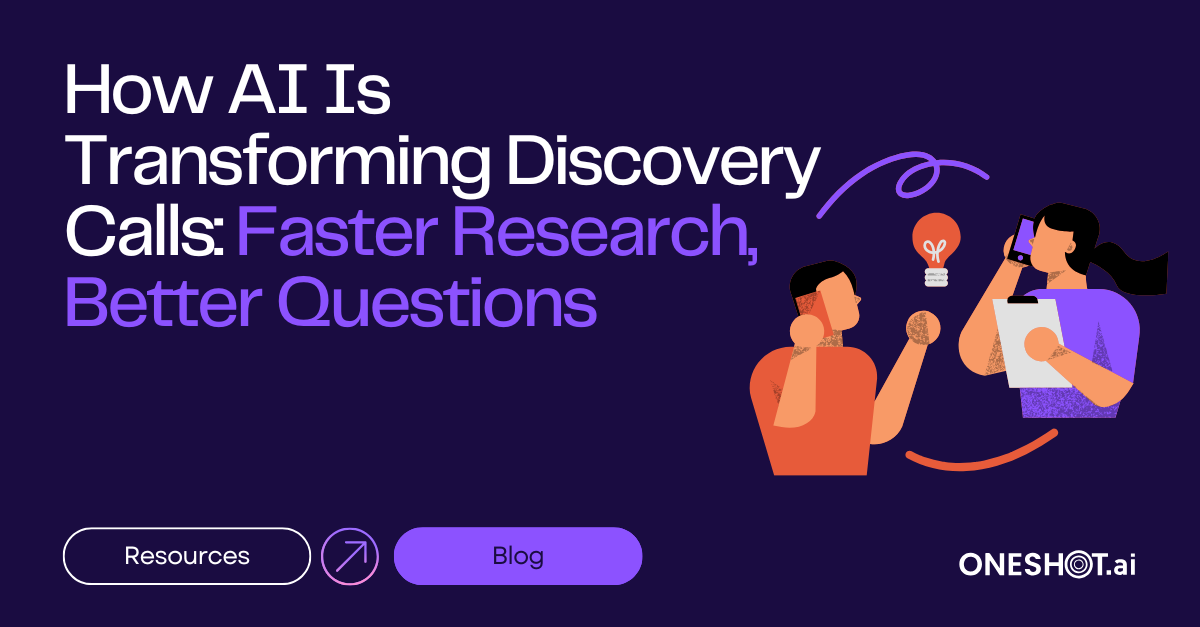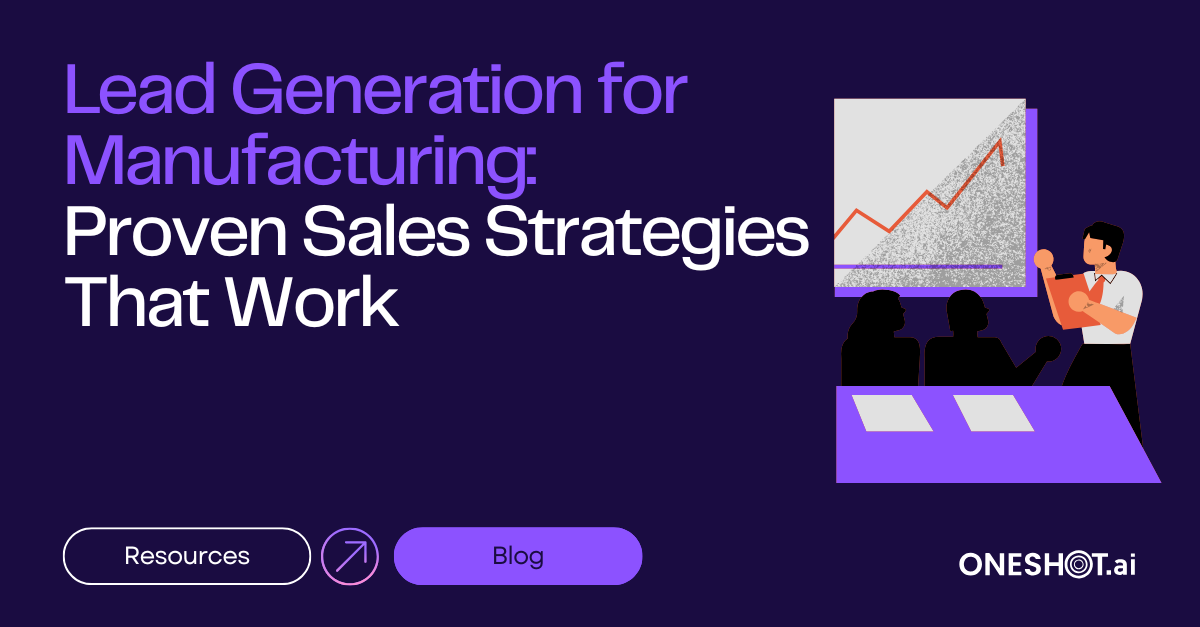Best Predictive Lead Scoring Tools for 2025 (Feature-by-Feature Breakdown)
In highly competitive arenas of 2025 SaaS sales, being able to bring priority to leads might be what determines becoming a deal close or one that misses the quarterly target. And these are predictive lead scoring solutions: they aim to automatically score leads based on their closing potential using AI and machine learning. Unlike outdated rule-based systems that rely on static criteria, nowadays applications use real-time signals that come from data, behavioural monitoring, and buyer intent for much more accurate predictive insights.
With the help of generative AI and quick MarTech innovation, AI-based lead scoring has evolved into a system that thinks almost like your best sales rep—only, at scale. As underscored by recent Forrester research, predictive models are now crucial for aligning marketing and sales to revenue outcomes. And as Harvard Business Review cites, sales teams that leverage generative AI lose 20-30% more deals than those that don’t.
In this article, we will analyze the best lead scoring solutions with personalization for 2025, which include OneShot.ai, HubSpot, MadKudu, 6sense, Leadspace, Lusha, and Apollo.io. OneShot.ai stands apart in its multi-agent AI architecture, offering personalization and cold outreach engagement capabilities with sharp and elegant CRM integrations, getting advanced teams the best setup available on the market.
What Are the Secrets to Exceptional Predictive Lead Scoring Tools in 2025?
Choosing a predictive lead scoring system is much more than just AI hype; rather, it is assessing the technology to fit your sales process, data pipeline, and team bandwidth. Here are three critical criteria that will define great tools in 2025;
1. Data Sources & Enrichment Capabilities
An exceptional tool will extend beyond your CRM fields and enrich leads by providing firmographics, technographics, social signals, and intent data. OneShot.ai’s Insight Agent builds dynamic profiles from over 40 data points and is backed by real research.
2. AI & Machine Learning Models Used
Predictive sales AI tools should make use of neural networks, natural language processing, and intent recognition models for optimizing the prediction on buying intent. Thoroughly desirable are tools that offer transparency into calculations in understanding how the scores are determined.
3. CRM/MarTech Integrations
Seamless integration with CRM/MarTechs (e.g. HubSpot, Salesforce, Outreach, etc.), guarantees your scoring model contributes to real-time workflows. OneShot.ai integrates with the top sales engagement tools.
4. Real-Time Scoring Ability
Static scores stale quickly. The best tools will score leads in real time based on any new behavior, whether that is a website visit, email open, or demo request.
5. Personalization Capabilities
Generic outreach is considered dead. Predictive tools should help reps personalize messaging according to psychographics, buyer role, industry, and pain points. So, OneShot.ai Persona Agent has all the solutions you need.
6. Collaboration & Workflow Automation
Look for a platform that allows interaction between marketing and sales, assigning leads to outreach sequences, and reporting.
7. Personalization & Scalability
Whether you are a 5-man sales pod or a big SDR organization, such tools need to be scalable and allow some customization to scoring rules, scoring weights, and resultant workflows.
8. User Experience / Usability
A clean dashboard, explainable scores, and intuitive user interface can be the difference between adopting the tool and not.
OneShot.ai does well in a number of these, especially in how they offer AI-powered research, multi-layer personalization, and flexibility in integration options.
Unsure what platform will best support your sales workflow? Schedule a consultation with OneShot.ai to learn more.
Feature-by-Feature Comparison Table

👉 See the OneShot.ai difference for yourself – Start a free AI outbound test now.

In-Depth Breakdowns of the Top Predictive Lead Scoring Tools
1. OneShot.ai – AI-Powered Outbound Engine
OneShot.ai is an intelligent outbound platform tailored for revenue teams looking to eliminate guesswork and obtain authentic personalization at scale. It's designed with sales effectiveness as a core thought, leveraging three intelligent agents – Insights, Persona, and Personalization – To score leads automatically, prospect research, and send outbound emails.
The AI Scoring system examines behavioral indicators, firmographics information, and previous sales interactions to rank leads with the best conversion potential. The Insight Agent manages auto-enrichment and in-depth research, while the Persona Agent psychographically segments prospects for more precise targeting.
In the meantime, the Personalization Agent builds custom messages across channels like email, LinkedIn, and voice drops. OneShot.ai integrates effortlessly into your current CRM and sales engagement technology, which makes it an unstoppable asset for mid-market and enterprise teams looking to scale.
With a custom pricing model, it's ideal for companies looking for end-to-end AI-driven outreach and pipeline growth.
Ready to automate scoring, research, and engagement? Speak with OneShot.ai experts today.
2. HubSpot Predictive Lead Scoring
HubSpot provides users on its Professional plan and above with a native scoring engine. It combines simple AI with usability from a CRM perspective.
Pros:
- Easy to implement
- Solid integrations with CRMs and marketing
- Transparent and clear criteria for scores
Cons:
- Limited in simple AI capabilities
- Simpler processing of behavioral signals
- Best for: Small to midsize businesses already using HubSpot.
3. MadKudu
MadKudu concentrates on predictive scoring for B2B SaaS teams and offers detailed buyer fit and behavior models.
Pros:
- Advanced ML algorithms, Tried-and-true models for conversion optimization for SaaS
Cons:
- Learning curve for non-technical teams
- Requires granular configuration
- What's it best for: Mature SaaS teams with decent ops infrastructure.
4. Leadspace
Leadspace creates detailed B2B profiles with an AI-driven firmographic and technographic segmentation.
Pros:
- Powerful segmentation engine
- Sound intent + fit signals
Cons:
- May need to use internal ops to establish a lead space
- Not the most intuitive UI
- Best For: Enterprise-level ops-heavy businesses.
5. Lusha
As a primarily data enrichment and prospecting tool, Lusha has great contact information, but lacks predictive scoring intelligence.
Pros:
Fast lead data access
- Great for building prospect lists
Cons:
- No predictive engine
- Limited scoring or personalization
- Best For: SDRs who only need contact data and not lead scoring
7. Apollo.io
Apollo has outbound automation combined with lead scoring and enrichment, but it has very little AI.
Pros:
- All-in-one outreach platform
- Affordable pricing
Cons:
- Weak personalization AI
- Scores are less dynamic
- Best For: Small teams running outbound at scale.
Why AI-Powered Lead Scoring Will Outperform Rule-Based Scoring by 10x in 2025
Traditional lead scoring used if-this-then-that rules: 10 points for a demo request, minus 5 for a bounced email. But in 2025, this rule-based method can no longer handle the sophistication of B2B buying.
AI-powered lead scoring software such as OneShot.ai processes multivariate streams of data – web browsing activity, firmographic data, intent data, content interaction, email response – to produce context-laden scores in real-time.
OneShot.ai is driven by an autonomous agent system, where each agent is programmed to execute an important step of outbound prospecting. The Insight Agent researches every lead automatically via both public and proprietary data sources to provide your outreach with current, contextual intelligence.
Next, the Persona Agent steps into segment leads into rich psychographic and role-based personas, enabling highly personalized messaging that is responsive to a prospect's state of mind and buying style. Lastly, the Personalization Agent leverages lead scores and contextual information to craft messages that resonate through email, LinkedIn, and other media.
These dynamic AI-based signals surpass static rule-based systems, facilitating outreach that feels truly 1:1, even at scale. Rather than guessing or engaging in generic automation, OneShot.ai provides every engagement with relevance.
Customer Success Case Study – OneShot.ai in Action
Company: A fast-growing B2B SaaS platform with a 12-person revenue team
Challenge: Low conversion from meetings to demos from MQLs
Before: Manual lead scoring in CRM with basic enrichment as generic outreach
After Using OneShot.ai:
- Insight Agent auto-researched 2000 leads within 3 days
- Persona Agent segmented personas by their pains in the industry
- Personalization Agent developed 1:1 multichannel messages
- Results: 60% growth in booked meetings, 35% growth in revenue per SDR
Want these kinds of results? Book your AI-powered prospecting audit today.

Conclusion
Predictive lead scoring is no longer a "nice-to-have" – it's a fundamental requirement for meeting sales goals in 2025. With today's fast-paced B2B landscape and compressed sales cycles, revenue teams require more than rigid lead qualification. The tools now integrate AI-driven scoring engines, real-time behavioral signals, extensive personalization, and transparent CRM integrations to reveal the right leads at the right time – automatically.
As you evaluate tools, keep three main decision factors in mind; your team’s size and outbound maturity (SMB or enterprise), the compatibility of your existing tech stack (CRM, email, and ABM tools), and your budget (freemium tools or full-featured enterprise solutions). If you’re looking for an all-in-one platform with data enrichment, predictive scoring, personalization, and outreach automation in one place – OneShot.ai is designed for you.
FAQs
1. What are the best predictive lead scoring tools for 2025 with a feature-by-feature breakdown?
Answer:
The top predictive lead scoring tools for 2025 include HubSpot, Salesforce Pardot, LeadSquared, Zoho CRM, and Freshsales. Each offers AI-powered scoring, CRM integration, and behavioral tracking. For example, HubSpot offers real-time scoring updates and contact behavior analytics, while Pardot integrates with Einstein AI for more granular B2B lead scoring.
2. Is there a free predictive lead scoring tool that provides detailed features?
Answer:
Yes, HubSpot CRM's free version includes basic lead scoring, and tools like Zoho CRM Free and Freshsales Free Plan offer limited but functional lead scoring features. However, advanced predictive scoring with AI is typically available only in paid tiers.
3. What is the best lead scoring software for small businesses?
Answer:
For small businesses, LeadSquared, Freshsales, and Zoho CRM are ideal due to their affordable pricing and intuitive interfaces. These tools provide customizable scoring models, email tracking, and integration with marketing automation at a lower cost.
4. Does HubSpot offer a predictive lead scoring tool? How does it work?
Answer:
Yes, HubSpot offers predictive lead scoring in its Enterprise plan. It uses machine learning to analyze historical customer data and engagement patterns to assign a score to each lead. This helps sales reps prioritize leads who are most likely to convert.
5. How is HubSpot’s predictive lead scoring different from manual scoring?
Answer:
HubSpot’s predictive scoring uses AI and behavioral data to calculate lead quality, whereas manual scoring relies on pre-set rules and human assumptions. Predictive scoring adapts over time, improving accuracy and lead prioritization.
6. What’s the best CRM with lead scoring for sales teams in 2025?
Answer:
Salesforce Sales Cloud, HubSpot CRM, and Freshsales are top choices. They combine robust CRM capabilities with lead scoring features that include engagement tracking, AI-driven insights, and customizable scoring rules tailored for sales performance.
7. Which lead scoring tool integrates best with sales CRM platforms?
Answer:
Salesforce Pardot integrates seamlessly with Salesforce CRM, while HubSpot’s lead scoring tool is built into its own CRM platform. Zoho CRM and LeadSquared also offer native integrations, ensuring data flows easily between marketing and sales teams.
8. How accurate is predictive lead scoring in 2025?
Answer:
Predictive lead scoring accuracy in 2025 has improved significantly due to advanced AI models. Tools like Salesforce Einstein, HubSpot AI, and Marketo Engage now deliver more precise forecasts by analyzing thousands of data points across customer journeys.
9. Can I customize lead scoring rules in HubSpot and other tools?
Answer:
Yes, tools like HubSpot, Zoho CRM, and LeadSquared offer fully customizable lead scoring criteria. You can assign scores based on demographics, website behavior, email opens, and engagement levels to align with your sales funnel.
10. What’s the difference between predictive lead scoring and traditional lead scoring?
Answer:
Traditional lead scoring uses fixed rules (e.g., +10 for opening an email), while predictive lead scoring uses AI to analyze trends and behaviors from past leads to predict future conversions. Predictive scoring is more dynamic and data-driven.








